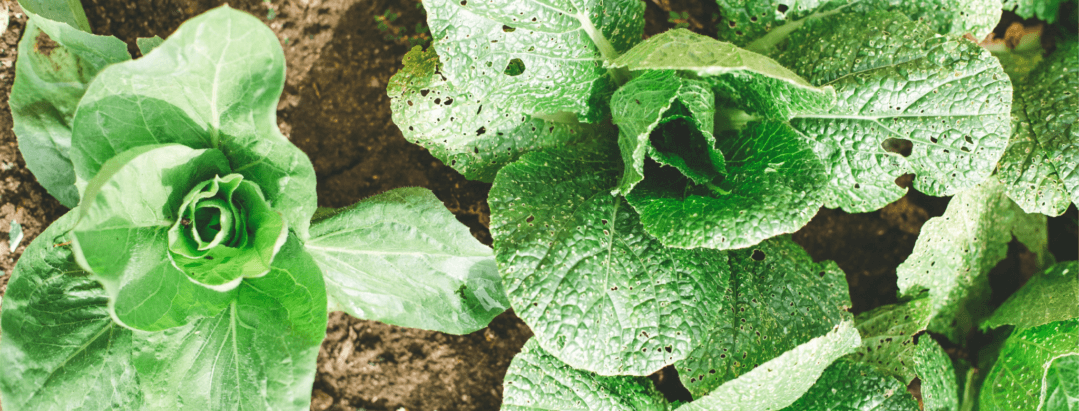On 28 August 2020, Treasurer Josh Frydenberg MP directed the Australian Competition and Consumer Commission (ACCC) to conduct a three-month inquiry into the markets for the supply of perishable agricultural goods.
What is the Inquiry Focussing on?
In the Competition and Consumer (Price Inquiry—Perishable Agricultural Goods) Direction 2020 (Direction), the Treasurer has directed the Inquiry to focus on competition and consumer law related issues affecting the supply-chains for perishable agricultural products including:
- pork;
- beef;
- sheep / lamb;
- chicken;
- seafood;
- plants (including fruit and vegetables);
- dairy products; and
- eggs of domestic hens.
Specifically, the ACCC has been directed to consider matters including:
- the concentration of power in the markets amongst and between suppliers of perishable agricultural goods at each level of the domestic supply chain;
- the bargaining power of the suppliers in the markets, whether an imbalance in power exists between suppliers at different levels of the domestic supply chain, and whether that imbalance leads to a harmful outcome for participants in the markets;
- the practices and behaviours of suppliers in the markets for the supply of perishable agricultural goods; and
- in relation to dairy products, the effectiveness of the Competition and Consumer (Industry Codes—Dairy) Regulations 2019 (commonly referred to as the “Dairy Code”).
Importantly, however, the ACCC has been instructed not to extend its Inquiry to:
- reviewing the operation or scope of the Competition and Consumer (Industry Codes—Horticulture) Regulations 2017 (commonly referred to as the “Horticulture Code”); or
- reviewing the Commonwealth policy that there is to be no regulation of prices in the markets for the supply of perishable agricultural goods.
Submissions Sought
Participants in the supply-chain are encouraged to make submissions to the ACCC.
You should consider whether the matters the subject of the Inquiry are relevant to your business and whether you would like to make submissions to the ACCC, including regarding market dynamics in perishable goods supply chains and whether there is any conduct by any participants in supply chains that may cause inefficiencies or unfairness.
Submissions to the ACCC are requested by 18 September 2020.
For this Inquiry, in order to encourage participation, the ACCC will accept confidential submissions (whether made by a farmer or supplier, or through a representative such as an industry association or lawyer).
Vertically Integrated Supermarkets and the Australian Wine Industry
For those in the wine industry, the question may arise as to whether in this Inquiry the ACCC will have any interest in, or scope to explore, the markets for winegrapes or wine.
Although winegrapes are not specifically referred to in the Treasurer’s Direction, it is clear that they fall within its ambit. It may also be arguable that wine falls within the scope of the Direction – section 5(2)(b) of the Direction extends the scope of the Inquiry to cover “plants, fungi, or their products or parts (including seeds, spores, bulbs and similar things)”.
There have been numerous inquiries and investigations into various markets within the wine industry, including (just as examples) The Senate Standing Committee of Rural and Regional Affairs and Transport’s February 2016 Report into the Australian Grape and Wine Industry, and the ACCC’s Wine Grapes Market Study in 2019. The former Report included a recommendation that ‘the Government specifically consider commercial agreements between growers and producers of wine and the major retailers’, while the latter noted ‘supermarket preference for producing private label wine’ as having ‘contributed to downward pressure on grape prices’.
As in many industries where the retail market is controlled by a small number of entities, grape growers and wine producers are vulnerable to the decisions of retailers. This has arguably been exacerbated by the major supermarket chains increasing the proportion of “own label” lines and establishing themselves as winemakers under their own “private label” brands.
Accordingly, and while it may be that the ACCC in the present Inquiry will be more focussed on meat, dairy, eggs, fruit and vegetable supply and the like, where winegrape growers and winemakers harbour any concerns in relation to the behaviours or contracting practices of supermarkets or other participants in the supply chain, they ought consider making a submission to the ACCC, and, where appropriate, encouraging and supporting regional associations or representative bodies to do so too.
The ACCC’s Agri-focus: Not a Toothless Tiger
This ACCC Inquiry is the latest in a series of agriculture-sector investigations and studies undertaken by the ACCC, including its:
| Cattle and Beef Market Study | 2016-17 |
| Inquiry into the Dairy Industry | 2017-18 |
| Wine Grapes Market Study | 2018-19 |
| Murray-Darling Basin Water Markets Inquiry | 2020 |
The ACCC Agriculture Unit was established in 2016 and, since then, the examination of competition and unfair trading issues in supply chains across the agriculture sector has been one of the ACCC’s priorities (with a view to improving enforcement of and compliance with the Competition and Consumer Act 2010 (Cth)).
The ACCC has been active in taking enforcement action in the Federal Court, including recently in relation to the Horticulture Code and “unfair contract terms” laws, and it has demonstrated a willingness on numerous occasions to make examples of those who act unfairly, unconscionably or otherwise unlawfully.
This article is intended as general information only. It does not purport to be comprehensive advice or legal advice. Readers must seek professional advice before acting in relation to these matters.



